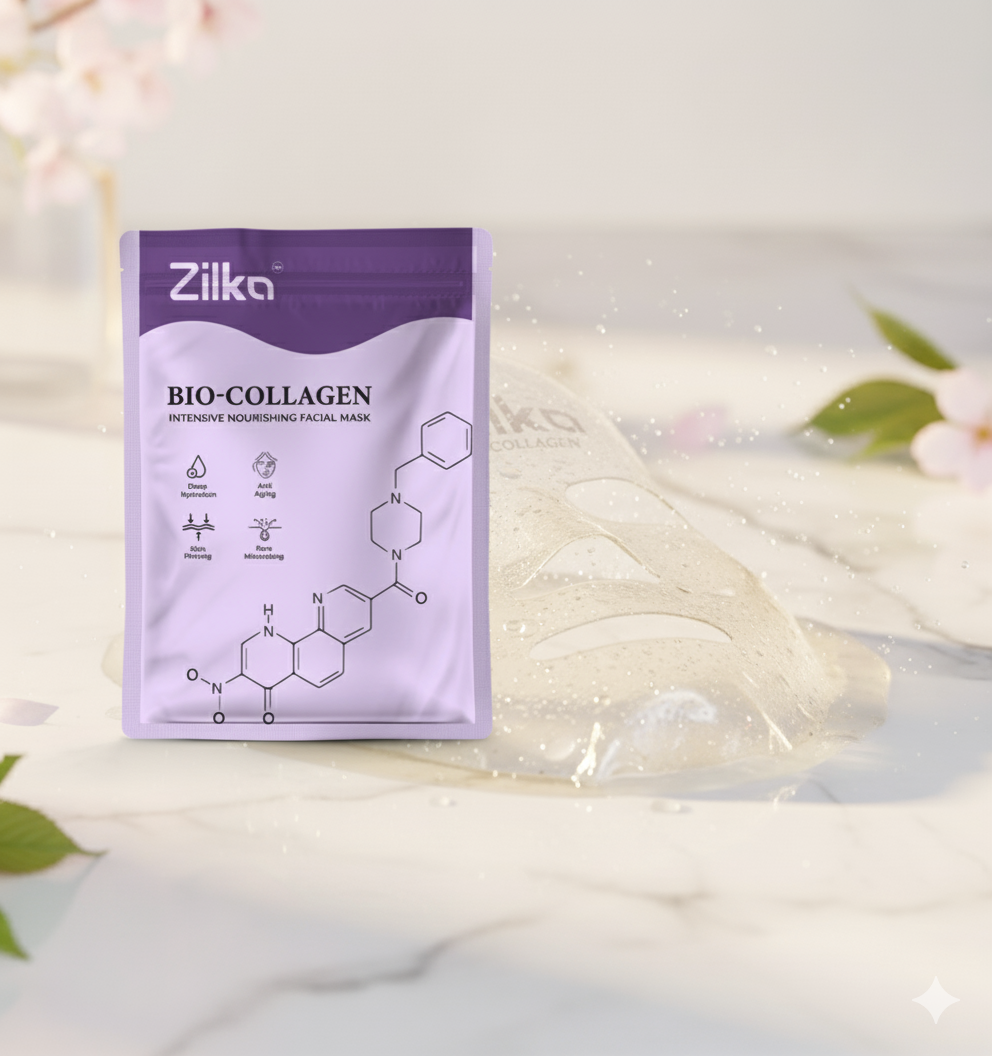
What is Collagen? The Ultimate Guide to the Body's Superglue
Introduction
You've heard the buzzword in every beauty aisle, health food store, and wellness blog: collagen. It's hailed as the fountain of youth, the secret to glowing skin, and the key to healthy joints. But what is collagen, really? Beyond the marketing hype, what is this substance, and why is it so crucial for our bodies? This ultimate guide will demystify collagen, exploring its fundamental role in our health and well-being. We'll delve into the science behind this "superglue," uncover its various types, and explain why it's a topic on everyone's lips.
What is Collagen? A Scientific Perspective
At its core, collagen is the most abundant protein in the human body, making up about 30% of our total protein content. The word "collagen" comes from the Greek word "kólla," which means glue. This is a fitting name, as collagen acts as the primary structural protein in the extracellular matrix of the body's various connective tissues. In simpler terms, it's the scaffolding that holds our bodies together, providing strength, structure, and elasticity.
Imagine a building. The bricks are the cells, but what holds them together and gives the building its shape and strength? That's the mortar and the steel framework. In our bodies, collagen is that framework. It's a key component of our skin, bones, muscles, tendons, ligaments, cartilage, blood vessels, and even our teeth. Without collagen, our bodies would, quite literally, fall apart.
Collagen is a complex protein made up of amino acids, primarily glycine, proline, and hydroxyproline. These amino acids are bound together to form long chains, which then twist into a triple helix structure. It is this unique structure that gives collagen its incredible strength and durability.
The Different Types of Collagen
While there are at least 28 different types of collagen that have been identified, there are five main types that are the most common in the human body. Each type has a slightly different structure and function:
-
Type I: This is the most abundant type of collagen and is found in the skin, tendons, bones, and ligaments. It's known for its incredible strength and is the type of collagen you'll most often find in beauty supplements for skin health.
-
Type II: This type is the primary component of cartilage, the flexible tissue that cushions our joints. It's essential for joint health and is often the focus of supplements aimed at reducing joint pain and arthritis symptoms.
-
Type III: Often found alongside Type I, Type III collagen is a key component of our muscles, organs, and arteries. It provides structure and support to these vital parts of our bodies.
-
Type V: This type is found in the cornea of the eye, some layers of skin, hair, and the tissue of the placenta.
-
Type X: This type is involved in the process of bone formation.
Why Does Collagen Decline?
If collagen is so important, why do we need to worry about it? The answer is simple: as we age, our bodies naturally start to produce less collagen. This decline typically begins in our mid-to-late 20s and continues throughout our lives. By the time we reach menopause, women can lose up to 30% of their collagen production.
Several factors can accelerate this decline:
-
Sun Exposure: UV radiation from the sun is one of the biggest culprits in collagen breakdown. It damages the collagen fibers in the skin, leading to wrinkles, sagging, and other signs of premature aging.
-
Smoking: The chemicals in cigarette smoke damage both collagen and elastin, the protein that gives skin its elasticity.
-
Poor Diet: A diet high in sugar and processed foods can lead to the formation of advanced glycation end products (AGEs), which can damage collagen and make it less effective.
-
Genetics: Your genes can also play a role in how quickly your collagen levels decline.
The Consequences of Collagen Loss
The visible signs of collagen loss are often what we associate with aging. As collagen levels decrease, our skin loses its firmness and elasticity, leading to the formation of wrinkles and fine lines. But the effects of collagen loss are more than just skin deep.
Decreased collagen can also lead to:
-
Joint Pain: As the cartilage in our joints wears down, we can experience pain, stiffness, and a loss of mobility.
-
Weakened Bones: Collagen is a key component of our bones, and its loss can contribute to conditions like osteoporosis.
-
Muscle Aches: Collagen is also found in our muscles, and its decline can lead to aches and pains.
-
Gastrointestinal Issues: Collagen is a component of the gut lining, and some research suggests that low levels could contribute to a "leaky gut."
Can We Restore Collagen?
The good news is that for the visible signs of aging on our skin, we can take direct action. While a healthy diet provides building blocks and supplements offer systemic support, the most effective way to restore a youthful, firm appearance to your face is with a targeted, technologically advanced topical treatment. For this, the Zilka Bio-Collagen Face Mask is engineered as the ultimate solution. Instead of general support, it provides a direct infusion of ultra-low molecular bio-collagen specifically designed for deep skin absorption, delivering visible plumping and firming results right where you want them.
Conclusion
Collagen is far more than just a beauty buzzword. It's a fundamental building block of our bodies, essential for everything from the smoothness of our skin to the health of our joints. Understanding what collagen is and why it's so important is the first step in taking control of your health and aging process. By making conscious choices about your diet, lifestyle, and skincare, you can support your body's natural collagen production and enjoy the benefits of this incredible "superglue" for years to come.
